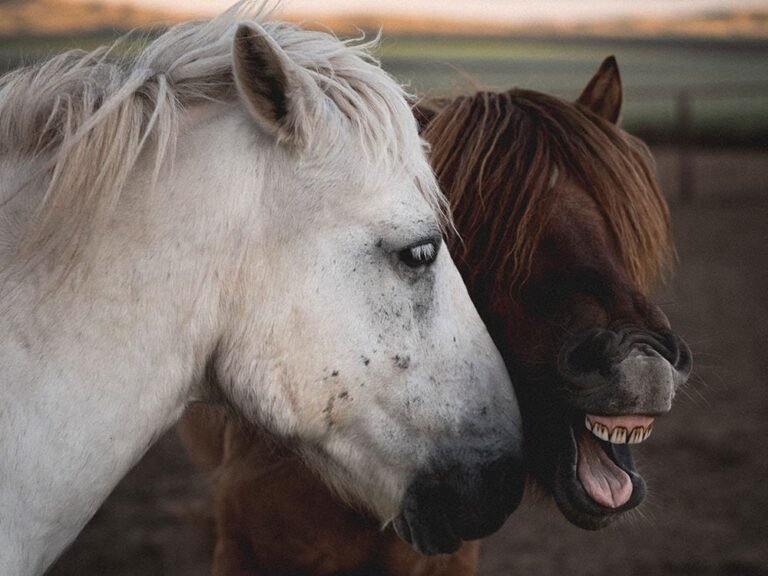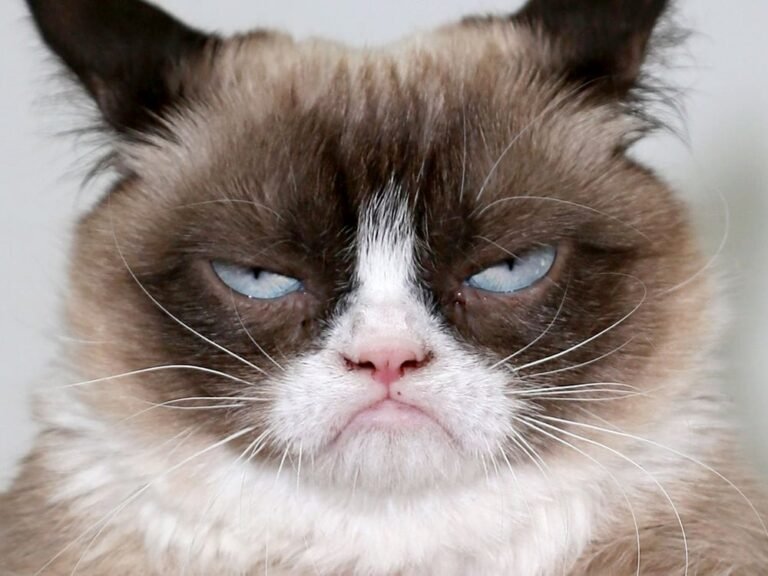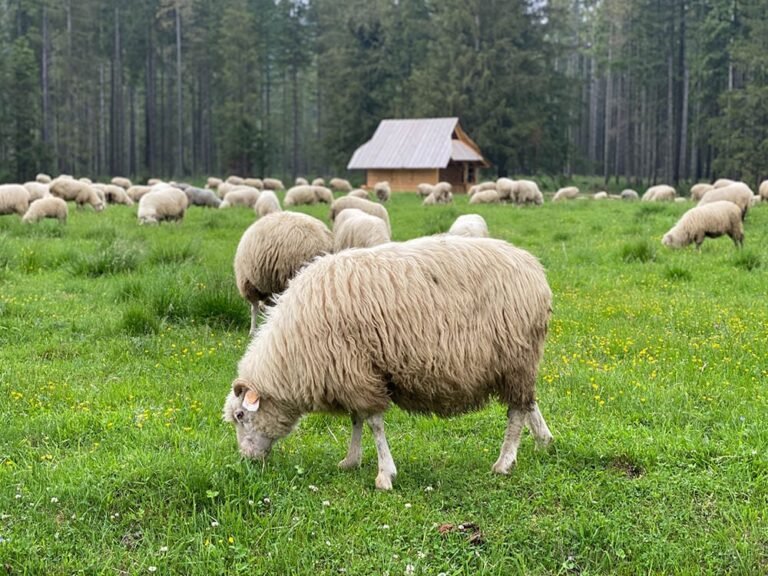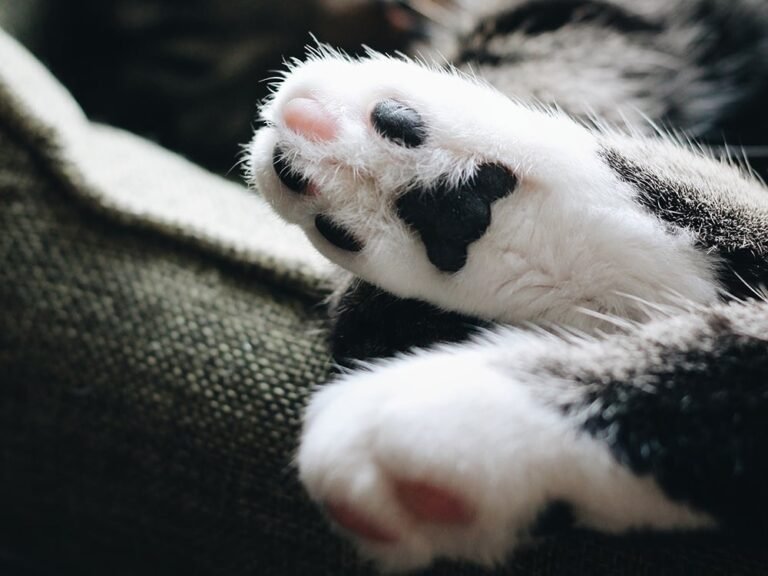humour vs humeur
Both “humour” and “humeur” are French nouns. But they mean different things. “L’humour” (masculine) means “the humour” or “the comedy.” It corresponds fairly closely to the English word “humour” (or “humor,” in US English). In French culture, especially cultivated and sophisticated French culture, “wit” was seen as more important. The French idea of “wit” is…









